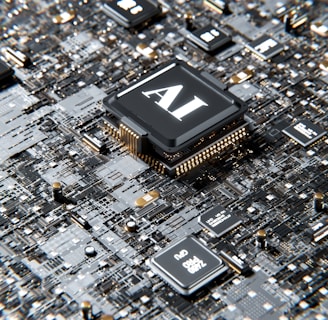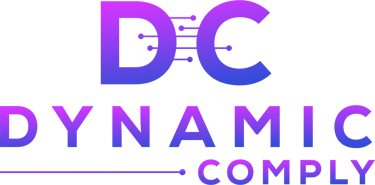Understanding Ethical AI: What It Is and How to Build an Ethical AI Product
7/2/20252 min read


Introduction to Ethical AI
In today's digital landscape, the rapid advancement of artificial intelligence (AI) calls for a robust understanding of ethical AI. Ethical AI refers to the development and deployment of AI technologies in a manner that is responsible, fair, and aligned with societal values. As this technology becomes increasingly integral to various areas of life, it is essential to prioritize ethical considerations to ensure that AI serves humanity positively.
Core Principles of Ethical AI
Building an ethical AI product involves adhering to several guiding principles. Firstly, transparency is paramount. Developers should ensure that AI processes are understandable and clear to users. This not only builds trust but also allows individuals to comprehend how decisions are made.
Secondly, accountability must be established. This means that organizations should take responsibility for the outcomes generated by their AI systems. In instances where biases or errors manifest, companies should be prepared to address these issues transparently and promptly.
Another important principle is fairness. AI systems should be designed to avoid discrimination and bias, which can lead to unjust outcomes. Incorporating diverse datasets and incorporating inclusivity during the development stages can help mitigate bias and promote fairness in AI interactions.
Steps to Build an Ethical AI Product
The creation of an ethical AI product demands a systematic approach, beginning with a clear understanding of the problem that the AI aims to solve. Engaging stakeholders during the initial stages of development is essential to grasp their perspectives and needs, ensuring that the product addresses real-world concerns.
Next, organizations should invest in comprehensive training datasets that reflect diverse demographics. AI models trained on varied data are less likely to perpetuate biases and can provide more equitable outcomes.
Moreover, incorporating ethical guidelines is crucial throughout the software development lifecycle. Establishing ethical checkpoints at various stages helps to evaluate and align the AI product with ethical principles actively. Regular audits and assessments can also ensure that the AI's performance remains aligned with its intended ethical standards.
Finally, it is vital to foster an organizational culture that prioritizes ethical considerations and values. This can involve conducting workshops, providing training for staff, and promoting discussions surrounding ethical AI practices. By cultivating awareness and sensitivity towards ethical issues, organizations can better prepare their teams to create ethical AI products.
Conclusion
In conclusion, ethical AI is not just a growing concern but a necessity for future innovation. As we advance in our capabilities, building ethical AI products requires commitment to principles such as transparency, accountability, and fairness. By adhering to these principles and following a structured development process, organizations can create AI systems that not only advance technology but also maintain societal values and ethics. The effort to build ethical AI is imperative to assure that these technologies contribute positively to society.
Connect:
(571) 306-0036
© 2026. All rights reserved.
